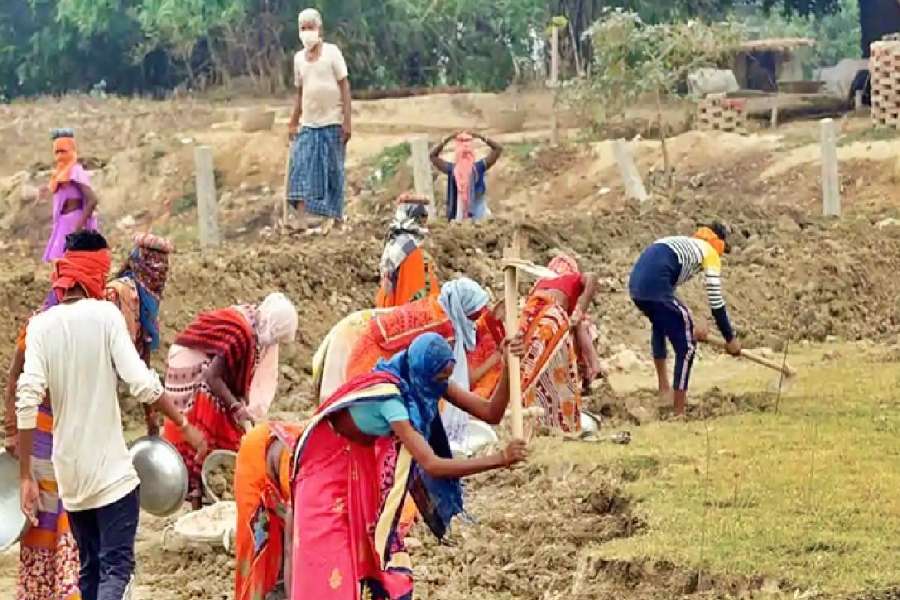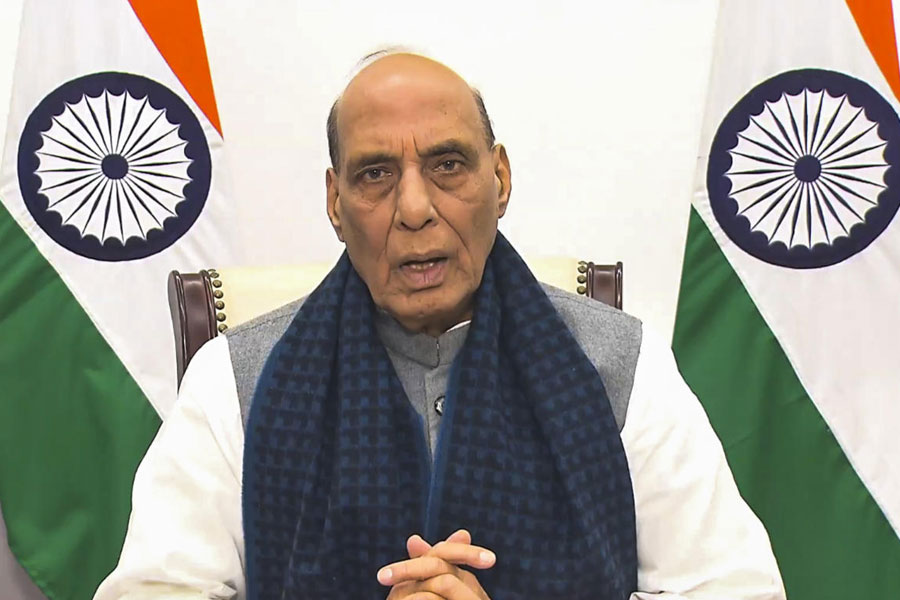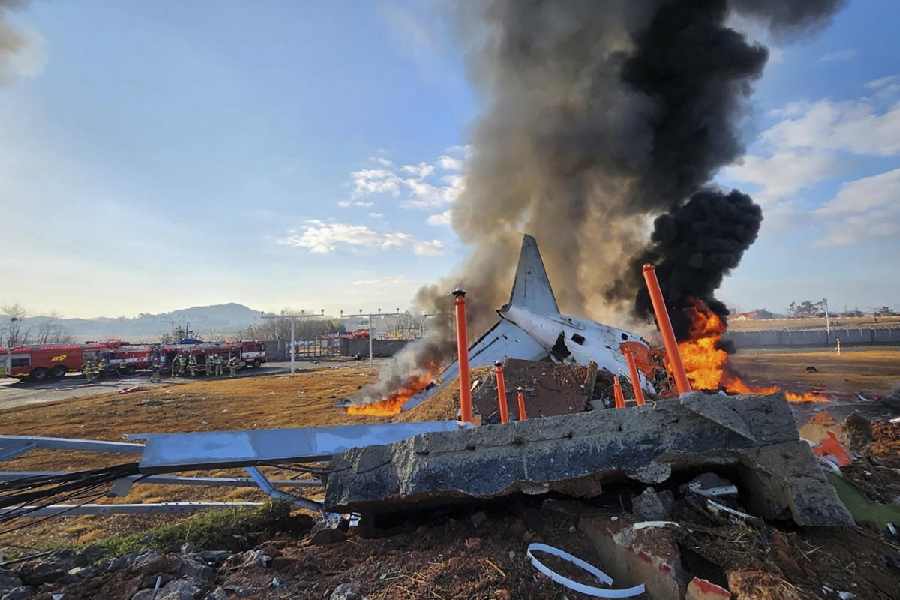A parliamentary panel has expressed concern over the low wage rate under the MGNREGA and recommended a change in the revision formula by linking it to a price index commensurate with the rate of inflation.
In its recent report on the MGNREGA wage rate, the parliamentary standing committee on rural development headed by Congress MP Saptagiri Ulaka has also recommended increasing the permissible days of work per rural family from 100 to 150 every year.
From the inception of the scheme in 2006 till 2010-11, the wage rate was determined on the basis of the minimum wage set by the state governments. From 2011-12, the central government started determining the wage rates using the Consumer Price Index for Agricultural Labourers (CPI-AL), which gave greater weightage to food items.
A committee under economist Mahendra Dev in 2015 and another under then senior rural development ministry official Nagesh Singh in 2018 had suggested that the Consumer Price Index for Rural (CPI-Rural) might be the appropriate index for protecting wages against inflation as it gave a more balanced weightage to expenses on food and other services.
A separate committee headed by labour economist Anoop Satpathy had in 2018 recommended that the minimum wage per day for any work be fixed at
₹375 based on the July 2018 price index.
The parliamentary panel has also flagged nominal wages and delayed payment under the MGNREGA as a reason behind the migration of workers.
“The committee has time and again urged the DoRD (department of rural development) to increase the wage rates under the MGNREGA by linking it with an index commensurate with national inflation. But the wage rates under the MGNREGA continue to remain stagnant on account of no change in indexation. Thus, the committee once again makes a strong appeal to the DoRD to review its stand and bring on board all the stakeholders to increase the wage rates at the earliest... across all the states/UTs,” the parliamentary panel said in its report filed in the Lok Sabha earlier this month.
The panel had earlier endorsed demands from civil society groups to increase the permissible days for work under the MGNREGA from 100 to 150 per family per year. The DoRD had then informed the panel that the state governments were allowed to make provision for additional days of employment beyond the guaranteed period from their own funds.
“The committee finds the reply routine and generic in nature, merely highlighting the formulated provisions of the Act. Although the state governments may make provisions for additional days, still the committee is of the firm opinion that the mandatory increase in the number of guaranteed days should be brought about by the DoRD by moving an amendment in the Act to make it applicable for the entire country,” it said.
The panel also recommended that the rural development ministry’s Aadhaar-based Payment Bridge System (ABPS) for making payments under the MGNREGA and the National Mobile Monitoring System (NMMS) to register the attendance of workers should not be made mandatory and an alternative mechanism
be devised.
Civil society groups have claimed that a sizable section of workers was yet to comply with the ABPS while poor Internet connectivity affected the registration of attendance under the NMMS.











